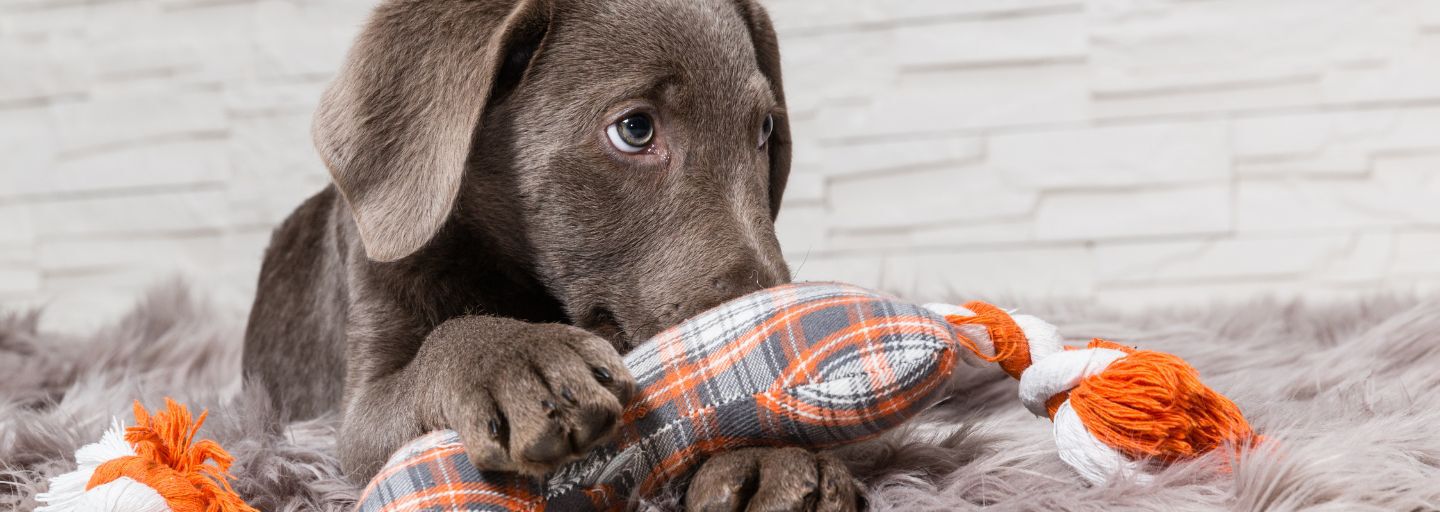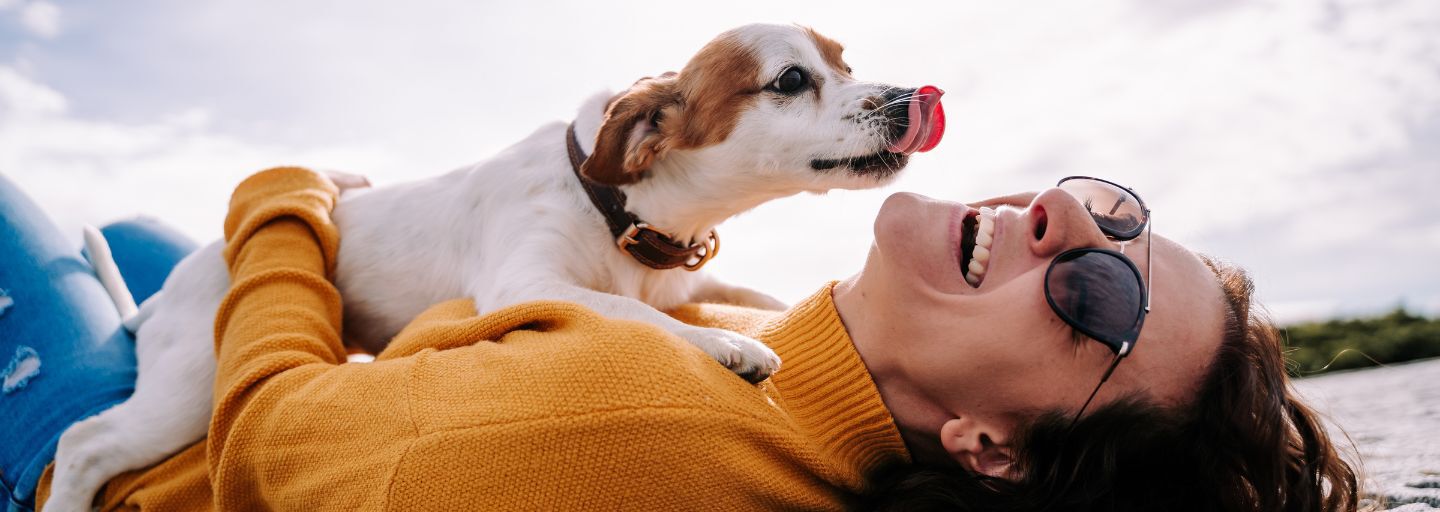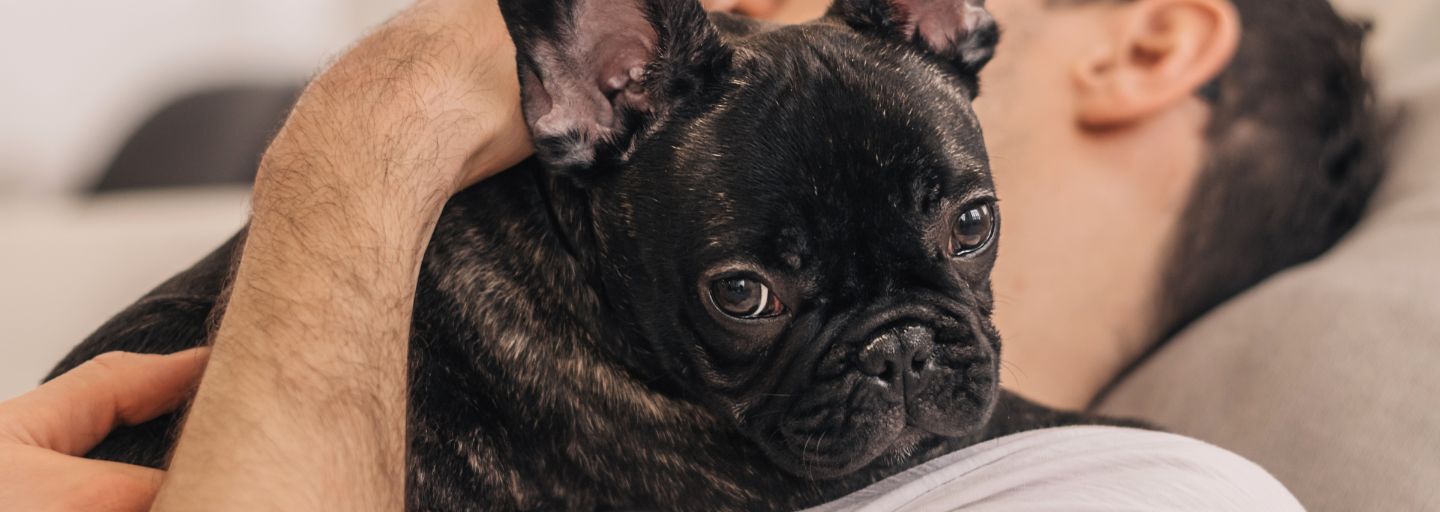Possessive, or resource-guarding, behaviour in dogs can be annoying and sometimes even dangerous, so it is important to recognise and treat it as early as possible.
Dangerous developments
Dogs will often compete with other dogs, as well as with their other family members such as humans and even cats—for attention, favorite chairs, toys, and access to food. Life in a social group has its advantages, of course, but it can also increase stress when some items or activities are particularly coveted or rare.
Most dogs appear to recognize limits and will defer to members of their human family. But in some cases, they will threaten anyone who stands in the way—by growling or even biting. Dogs can be possessive towards one family member—the cat or a child, for example—while they allow others—adult humans—to take control.
Recognizing possessive behaviour
‘Possessive aggression’ or “Resource-guarding behaviour’ are terms often used to describe threatening behaviour—staring, 'standing over,' growling, snarling, snapping, or biting—when it is associated with food, toys, or other items in the dog's possession.
This type of behaviour can be seen in dogs of both sexes. It does not necessarily mean that the dog will be aggressive in other circumstances but care should always be taken when handling dogs who exhibit any aggressive behaviours. Always supervise children around dogs who exhibit any possessive behaviour.
How Can You Treat Possessive Behaviour?
Dogs who exhibit possessive or resource-guarding behaviour can usually be treated but it may be wise to enlist the help of an animal behaviourist or qualified dog trainer.
Possessive behaviour is best prevented when dogs are young. Sometimes puppies have learned to guard their food from their siblings, in order to get their fair share. To treat this, we can feed the puppy half of their meal in a bowl then, while they are eating, drop some more food into the bowl. This teaches your pup that moving towards them brings good things.
You can do the same with an adult dog that guards their food. You should not place your hand near their mouth, however, as you may get bitten. Instead, you can use a long-handled object like a ladle. Again, we strongly advise getting professional help.
Never take food or toys away from your possessive dog, as this will teach them to guard more effectively in the future. Instead, if you need to retrieve an item from your dog, swap the guarded item for one they are likely to equally enjoy. This may be another toy or a treat. You can entice your dog away from the coveted item by moving slowly away from the item, offering the reward as they follow you.
In multi-dog households, you may need to feed your dogs separately to prevent any resource-guarding. If your dog guards other items, a specific toy for example, it may be best to remove these items altogether. Ensure your dog has enough other, less coveted items to amuse them and ensure you are giving them enough physical and mental exercise throughout their day.
Management is the key
Possessive behaviour can be difficult to live with, but it is essential that it is managed. Ensure that you, your children, your pets, and any guests in your home are not placed in danger. Seek help if possessive behaviour is a problem for you and your dog.







